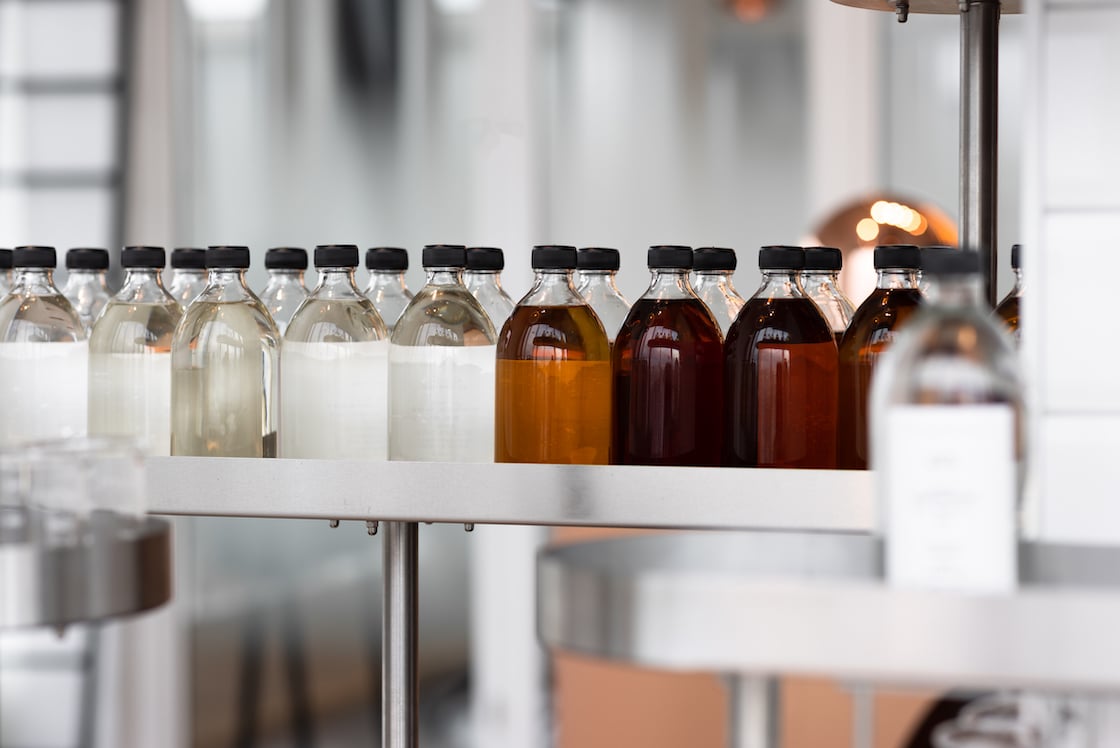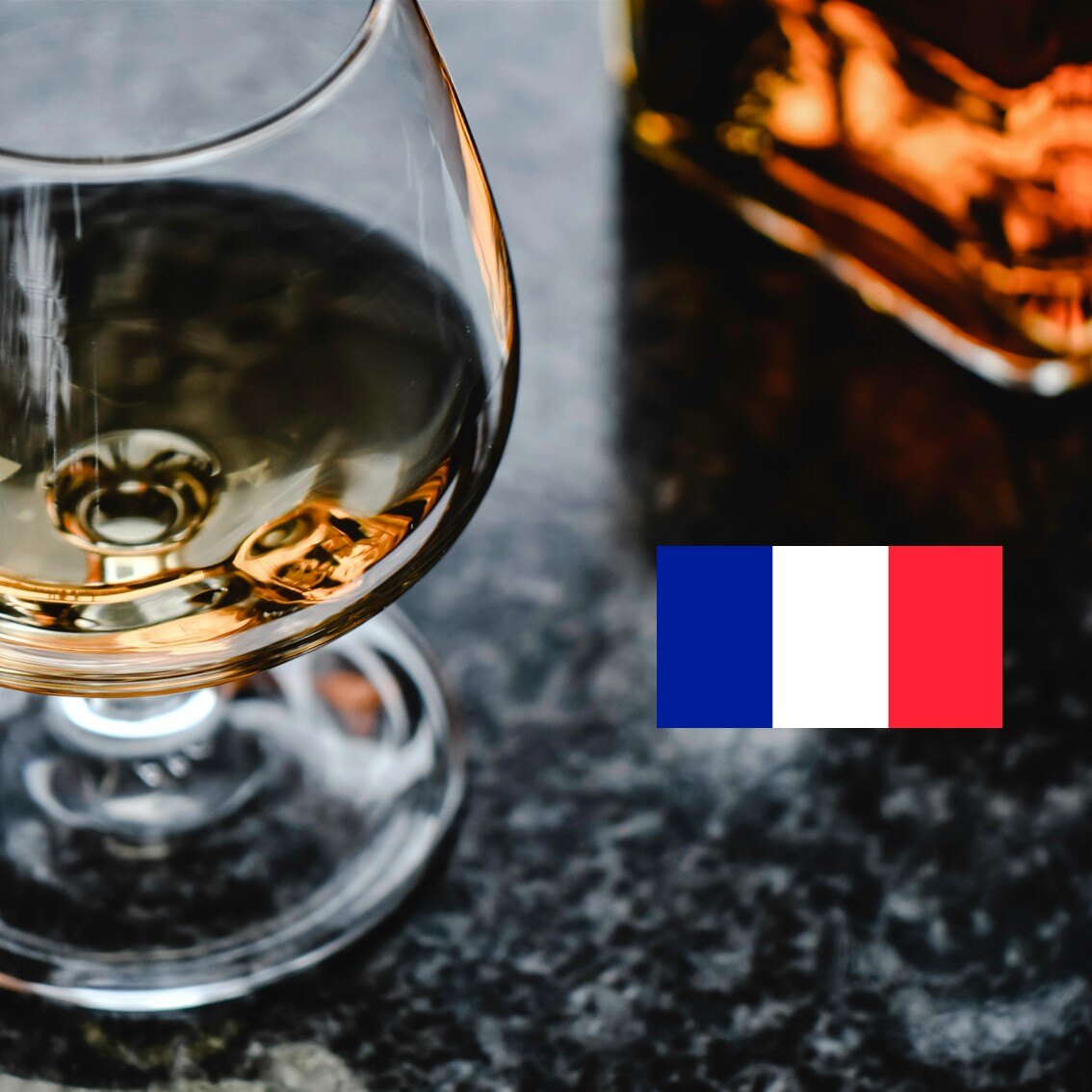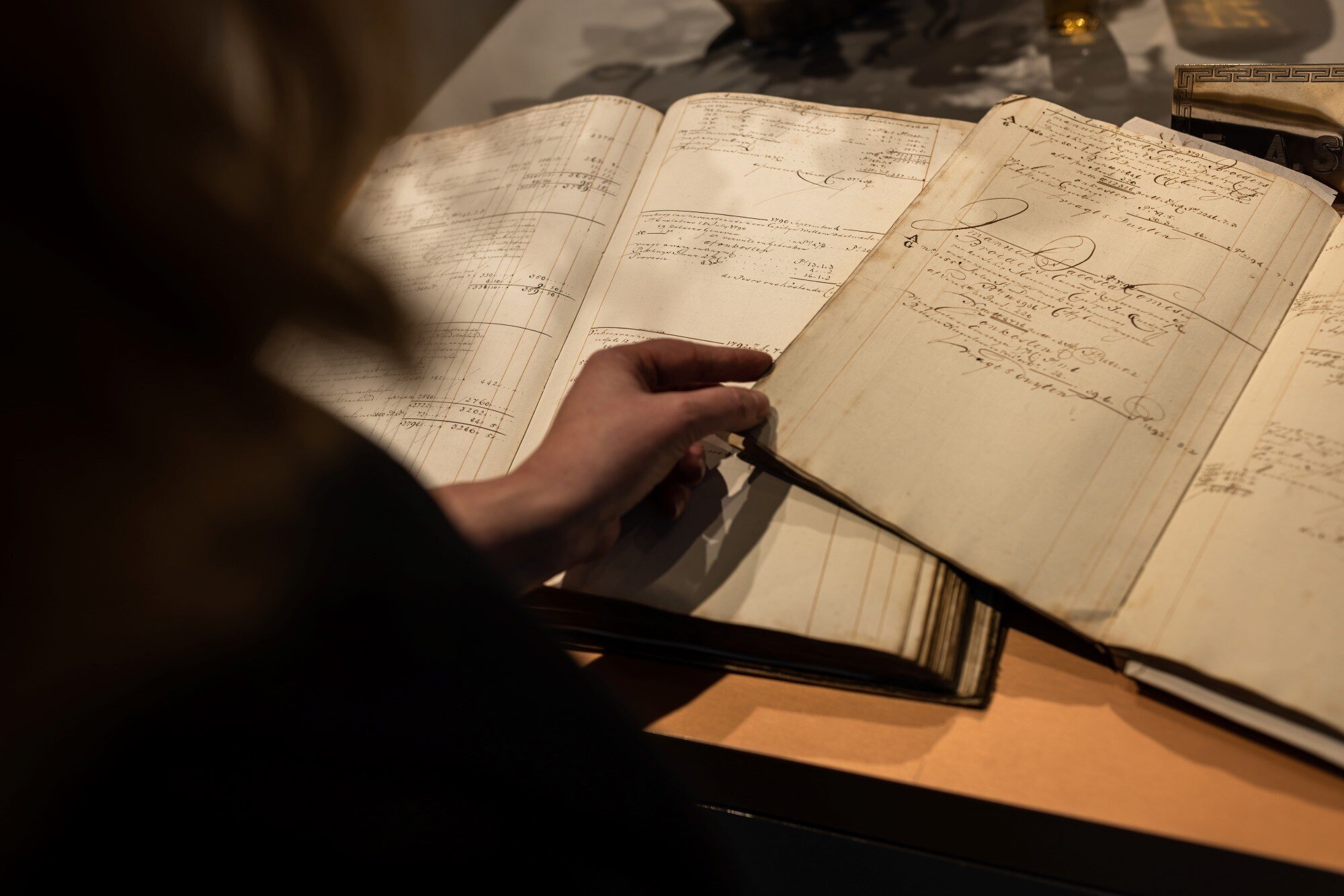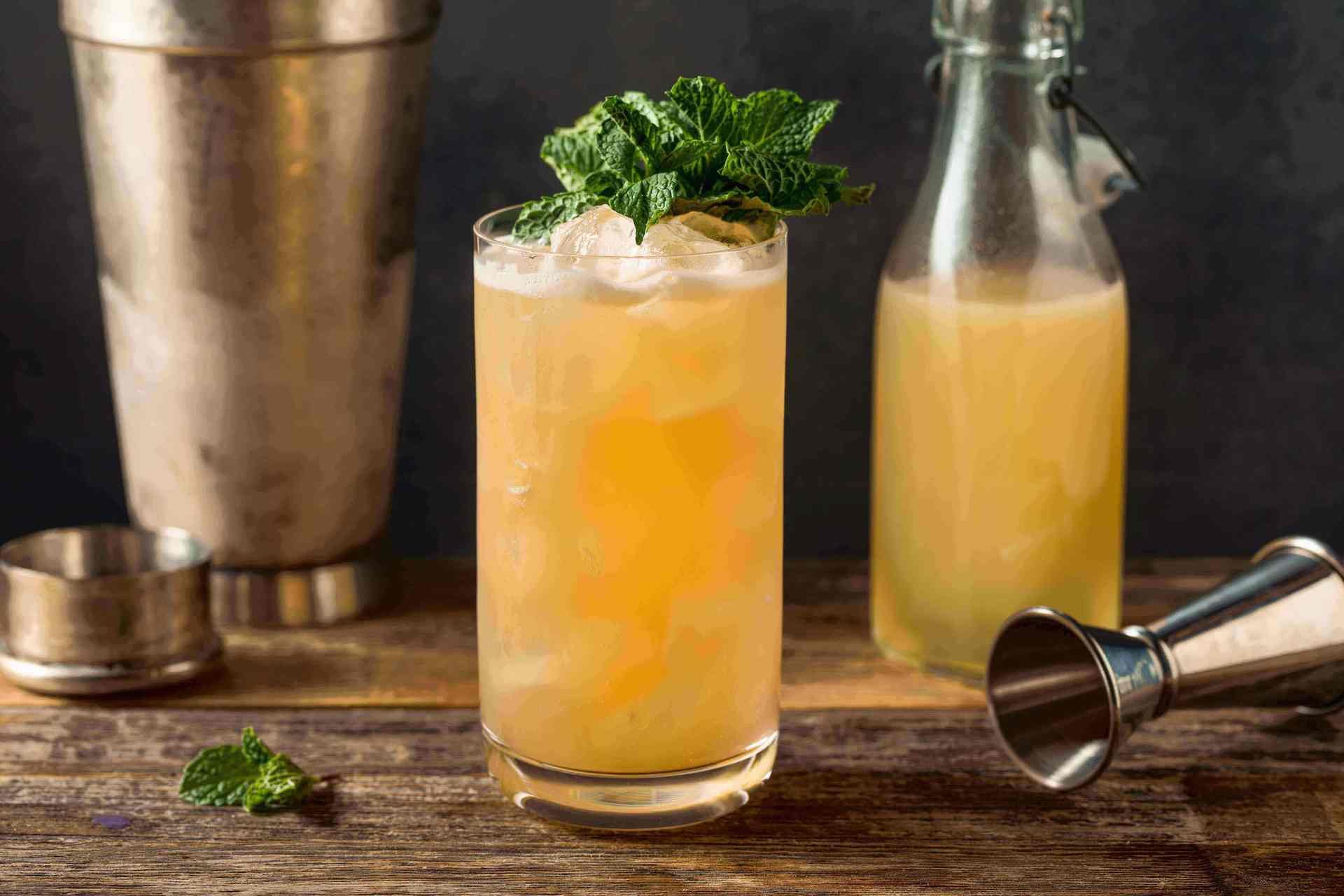Jamaican Rum
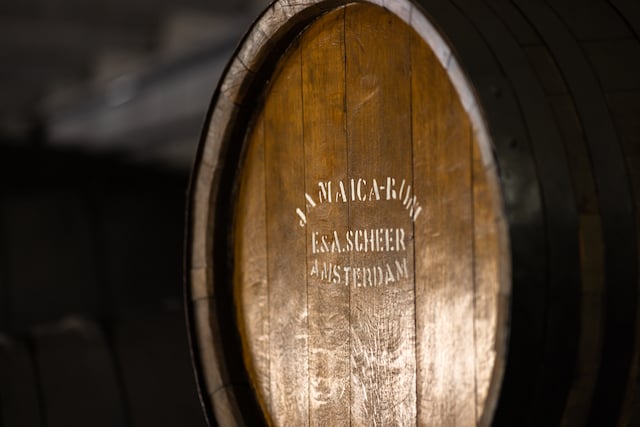
All about Jamaican Rum
Jamaican Rum is more than just a drink; it’s a culmination of the history, culture, and craftsmanship of the Land of Wood and Water. In this article, we welcome you to delve into Jamaican Rum.
History and cultural significance
The history of Jamaican Rum began roughly when the British arrived in Jamaica in 1655. During this era, sugarcane reigned as the predominant crop, and it was soon discovered that the byproduct, molasses, could be distilled into a potent alcoholic beverage. This discovery gave birth to the Rum industry in Jamaica.
As the years passed, Rum quickly became a symbol of identity and national pride for Jamaica. Rum has woven itself into the fabric of Jamaican culture, as seen through its embedment in music, folklore, and the daily life of the Jamaican people.
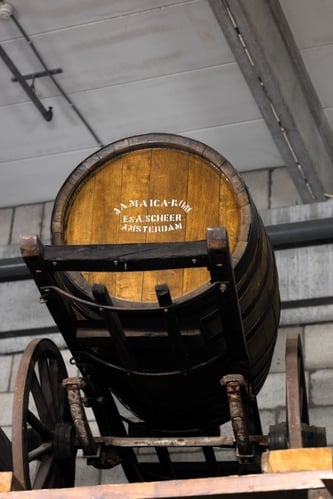
International influence
Jamaican Rum has achieved global recognition and is widely enjoyed around the world. The spirit is commonly used in the world of mixology in cocktails like the Mai Tai, Planter’s Punch, and Jamaica Mule.
Its presence is not confined to the bar scene; Jamaican Rum has permeated popular culture, earning mentions in songs, movies, and literary works. This widespread recognition highlights its cultural significance and enduring appeal, establishing Jamaican Rum as a representative of Caribbean heritage on the international stage.
Geographic Indication (GI)
In 2016, Jamaica registered a geographic indication (GI) for its Rum, marking a milestone in its Rum heritage. This status ensures that only Rum produced on the Jamaican island can be authentically labelled as "Jamaican Rum’’.
The designation not only highlights the exclusive use of specific local ingredients, like Jamaican sugarcane and indigenous yeast but also mandates traditional ageing processes in oak barrels. By obtaining this recognition, Jamaican Rum becomes part of other geographically protected spirits, such as Champagne, Scotch Whisky, and Martinique Rum (Rhum).
The creation process
Much like the general guidelines on how Rum is made, Jamaican Rum production includes sugarcane cultivation, fermentation, distillation, and ageing. However, due to its GI status, certain rules and regulations apply to the production process.
Sugarcane
Jamaican Rum is typically produced using local strains of sugarcane cultivated in the island's tropical climate, although the molasses can also be brought over from abroad. The rich, fertile soil of Jamaica provides a good environment for growing sugarcane stalks. Once harvested, the sugarcane's juice is extracted and then refined into sugar until the thick, dark liquid remains. This byproduct of the sugar refining process is molasses. Molasses serve as the basis for fermentation, a crucial step of the Rum production process.
Fermentation
Jamaican Rums go through a unique fermentation process. To create Jamaican Rum, distilleries can use naturally occurring yeast indigenous to the region or commercial yeast. Additionally, Jamaican Rum producers often opt for extended fermentation periods.
A hallmark of this process is the addition of "dunder’’ and "muck". Dunder, the residue from previous distillations, adds complex characteristics to the fermenting blend, likely contributing to the distinctive flavor profile of Jamaican Rum. Muck is seen as a flavor enhancer, usually comprising a blend of carboxylic acids that interacts with the ethanol to create potent and high esters.
Distillation
Traditional distilleries use copper pot stills, which likely gives Jamaican Rum its recognized full-bodied character. Additionally, some distilleries have embraced the innovative double retort stills, which streamline the distillation process by condensing multiple batches into a single, efficient cycle.
Ageing
After distillation, Jamaican Rum can undergo the ageing process, though some can be unaged. When Jamaican Rum is aged, it must be aged for a minimum period of time (one year) in oak barrels in the country itself, according to GI regulations. The consistently warm weather accelerates the ageing process, so the Rum is more likely to have deep, nuanced characteristics than in cooler climates.
However, this warmth also increases the angel’s share—the portion of the spirit lost to evaporation—contributing to the concentrated, robust profile of the final product. The warmer ageing environment in Jamaica likely ensures that each batch of Rum comes with distinctive qualities often found in tropical-aged spirits.
Jamaica and other Caribbeans origins
Around Jamaica are its Caribbean neighbours with different styles of Rum production. While from the same region, these Rum types can differ quite a bit from each other. Jamaican Rum can be largely categorised as a form of English Heritage Rum. Thus, we will look at its difference from other broad categories such as French and Spanish heritage Rum.
Jamaican Rums and other French-heritage Rums
When it comes to French-style Rum, Rhum Agricole can be considered the representative of the category. Jamaican Rum and Rhum Agricole offer distinctly different experiences rooted in their unique production methods and cultural backgrounds.
Rhum Agricole, primarily produced in the French Caribbean islands such as Martinique and Guadeloupe, is crafted from freshly pressed sugarcane juice rather than molasses. The production of Rhum Agricole adheres to strict regulations under the Appellation d'Origine Contrôlée (AOC), ensuring its authenticity and quality.
While Jamaican Rum has been considered a potent, full-bodied character, Rhum Agricole offers a terroir-driven experience due to the use of fresh sugarcane juice. Both Rums stand as proud representatives of their respective cultures, each bringing a unique taste of the Caribbean to consumers worldwide.
Jamaican Rums and other Spanish-heritage Rums
Rums with Spanish heritage are commonly produced in countries such as Venezuela, Panama, and the Dominican Republic. These Rums typically undergo distillation from molasses and sometimes from cane juice. The Spanish tradition focuses on achieving a cleaner, smoother finish through exclusive column still distillation and shorter fermentation periods.
Fun facts about Jamaican Rum
Did you know that Jamaican Rum is a key ingredient in some candies? Jamaican Rum and the Rum industry as a whole have a significant role to play in the confectionery industry, of which not many people are aware. Another interesting fact about Jamaican Rum has to do with its sponsors. The Jamaican government is also a part of the Rum business, which further underlines Rum’s importance in the fabric of Jamaican society.
Jamaica Rum: A drink with a recognisable profile
Whether you prefer it neat, mixed into a cocktail, or delve into its diverse flavour profiles, Jamaican Rum provides a distinctive experience that embodies tradition, innovation, and the essence of Jamaica.
Are you looking to purchase Jamaican Rum blends for your business? We can help! E&A Scheer is a seasoned supplier of Rum in bulk. We can help you with all Rum-related needs, from sourcing to blending and delivering a quality and consistent supply of bespoke Rum blends. For more information on how to obtain the perfect blend for your business, try out our Blending Tool or contact one of our Rum specialists.
Frequently asked questions
What are the cocktails that use Jamaican Rum?
Some of the most iconic cocktails that feature Jamaican Rum include:
- The Mai Tai, known for its tropical blend of Rum, lime juice, orgeat syrup, and orange liqueur
- The Planter’s Punch, a refreshing mix of rum, citrus juices, and grenadine
- The Jamaica Mule, a spicy twist on the Moscow Mule with rum, ginger beer, and lime
- The Rum Punch, with fruits
- The classic Daiquiri, with simple ingredients like lime juice and sugar
Can Jamaican Rum be spiced?
Jamaican Rum cannot be spiced, as no colour-changing additives are allowed. Jamaican Rum must derive its colour from the barrels or caramel in the sugarcane, not through additives.
Is Jamaican Rum produced from molasses or fresh sugar cane juice?
Jamaican Rum is typically produced with molasses.
